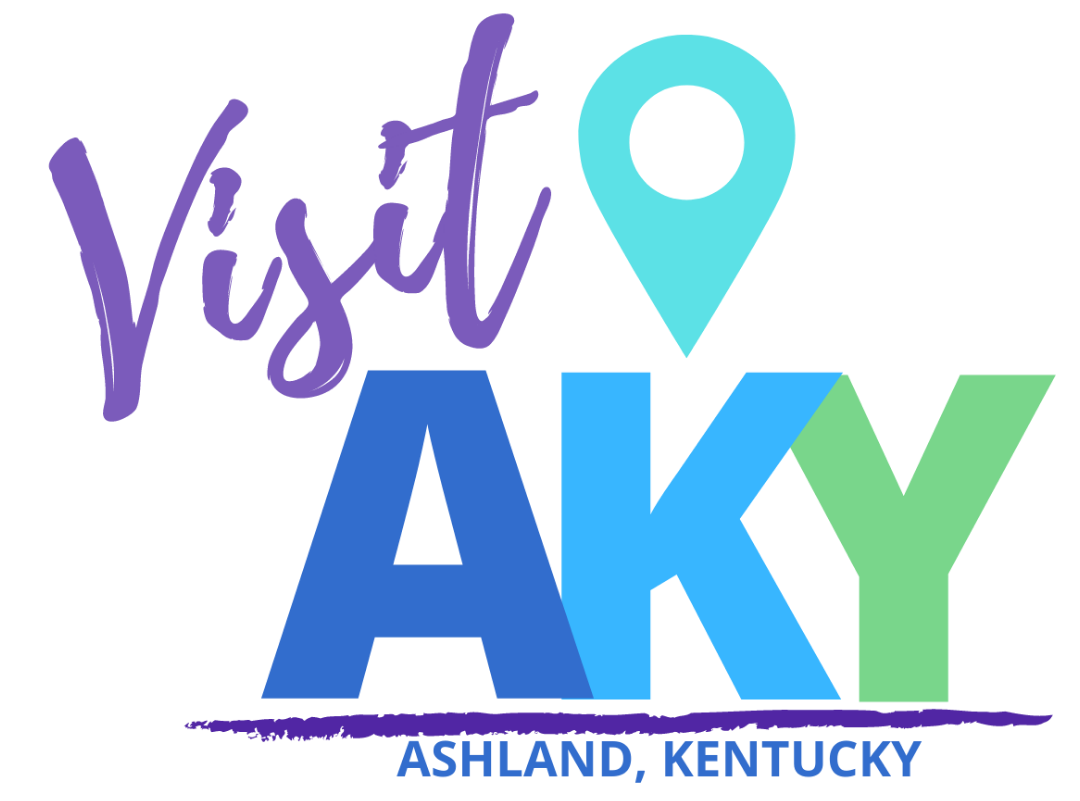Glossary of Key Terms
Conference Center Project
Understanding these terms will help clarify important aspects of the Ashland Conference Center Project and its development process.
Appropriation
A specific amount of money set aside by a government for a designated purpose. In this case, the $25 million state appropriation is earmarked exclusively for the construction of the Ashland Conference Center and cannot be redirected to other projects.
Capital Stack
The combination of financial sources used to fund a development project. A capital stack typically includes different types of funding, such as government grants, private investments, loans, and sponsorships. For the Ashland Conference Center, the $25 million state investment forms the foundation of the capital stack, with potential additional funding sources helping support the project’s long-term sustainability.
Comprehensive Plan
A long-term planning document used by cities to guide growth, development, and land use. It outlines goals for economic development, infrastructure, housing, recreation, and community needs over time. The Ashland Comprehensive Plan helps shape decisions about projects like the conference center to maximize economic and community impact.
Conference Center
A dedicated facility designed for hosting events, including business meetings, conventions, trade shows, community gatherings, and cultural events. It typically includes large event spaces, smaller breakout rooms, modern audiovisual technology, and on-site amenities to accommodate various types of gatherings. The Ashland Conference Center aims to enhance tourism, drive economic growth, and provide a premier event space for the region.
Municipal Bond
A type of debt security issued by a city, county, or state government to raise funds for public projects such as infrastructure, schools, or community facilities. Municipal bonds allow investors to lend money to the city in exchange for periodic interest payments and the return of the principal amount at maturity. The City of Ashland issued a Municipal Bond for $7 Million as part of the funding structure (captial stack) for the Ashland Conference Center. A transient tax will be collected to pay for the bond.
Public-Private Partnership (PPP)
A collaboration between a government entity and private businesses to finance, build, or operate a project. In a PPP, the public sector provides support (such as land, funding, or incentives), while private companies contribute investment, expertise, or management. These partnerships help share costs and risks while delivering projects that benefit the community.
RFP
a formal document that organizations use to solicit bids from vendors for goods, services, or projects, outlining requirements and evaluation criteria.
transient tax
A tax on overnight stays at hotels, motels, and short-term rentals, typically used to fund tourism-related projects and economic development initiatives. In Ashland, a portion of the transient tax revenue supports projects like the conference center, ensuring that visitors contribute to the local economy and community improvements.
